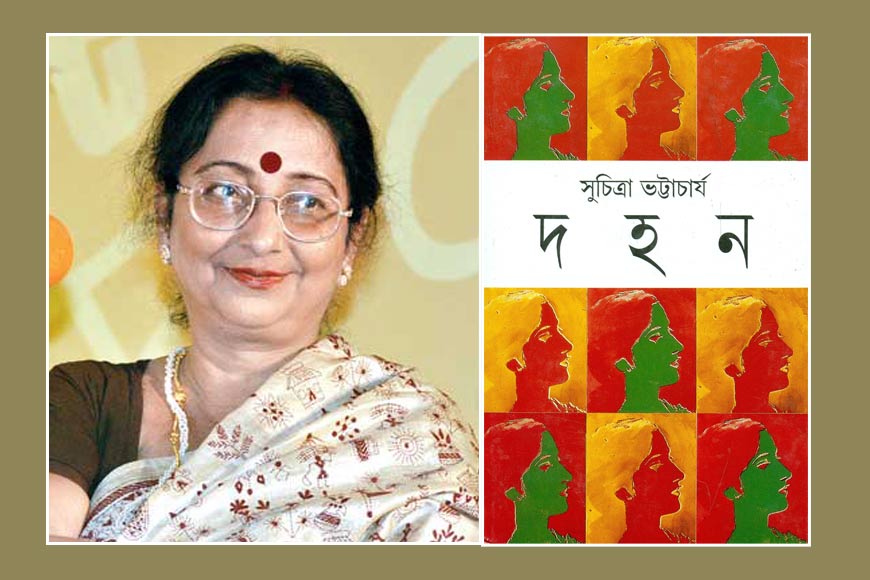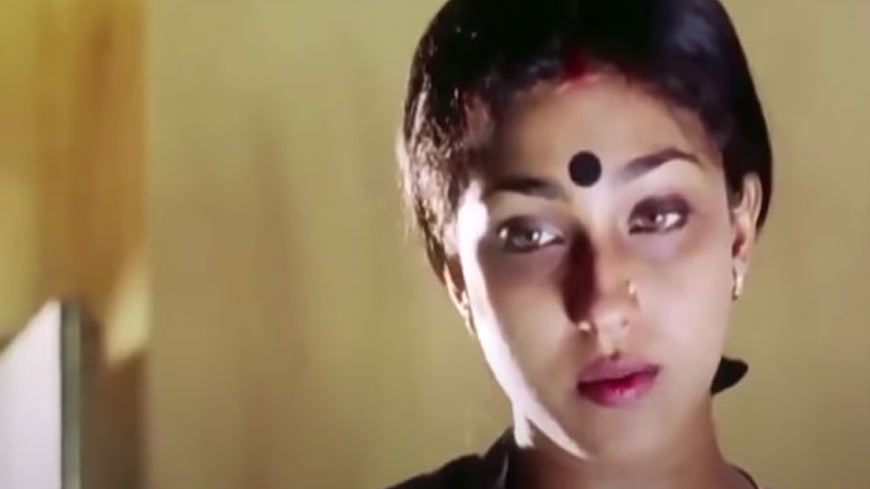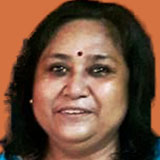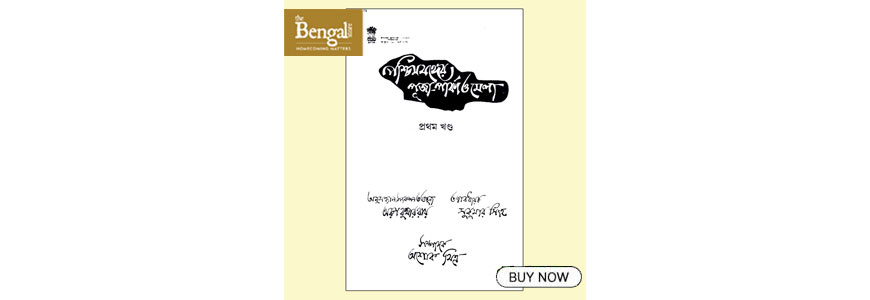Women’s Day Series --- Dahan: Questioning gender stereotyping

Although women constitute half of society, for countless centuries, their position has been abysmal. In the early history of India, women walked the earth as equals of men but foreign invasions, a thousand years ago, drove them into a long exile. The middle of the 19th century was an epoch-making era in the annals of India’s history when in colonial Bengal, various patriarchal ideologies were challenged by many social reformers like Raja Rammohan Ray and Ishwar Chandra Vidyasagar. In fact, Bengali women in those days contributed to myriad fields by being directly involved and even leading from the forefront. But alas! Society found it convenient to either overlook or ignore them. Hence, the responsibility to resurrect these independent, free-thinking, liberal and brave women fell upon the authors and poets. Bengali authors, many of whom were women themselves, created a gamut of female characters who are a beacon of hope for the oppressed even today. As part of International Women’s Day celebrations, we shall highlight some iconic female characters from Bengali short stories or novels who have left their indelible mark on life and literature
Suchitra Bhattacharya (1950-2015) was one of the most powerful and critically acclaimed popular authors whose writings have been instrumental in voicing women’s experiences through her novels. Her writing focuses on contemporary social issues. She is a perceptive observer of the changing urban milieu and closely examines the contemporary Bengali middle class. Her works are written in the backdrop of globalization and consumerism and how these socio-economic changes are degenerating the moral fiber of the society where values are altering and human relationships are in the midst of deep crises. Exploitations and sufferings of women, regardless of their social or economic identities, find a distinct voice in her writing. Bhattacharya’s literature re-defines feminist literature in Bengal. Today, we take a look at Jhinuk, the protagonist of ‘Dahan’(Charred) and her struggle to protest and fight on an issue that centers on the “question of a woman’s right to fight for a cause.”
Based on a true incident that occurred in 1992 outside the Tollygunge metro station in Kolkata, Dahan tells the story of two women, Romita, a very pretty housewife belonging to an upper-class family and Jhinuk, a young school teacher. Their narratives intersect one rainy evening in the middle of the bustling metro station in Kolkata when four men molest Romita. In that jungle of humanity, the crowd stands a silent spectator while Jhinuk intervenes and manages to save Romita from being abducted and raped. She also assists Romita and her husband, Palash to get an FIR filed against the men. Jhinuk goes against her family to ensure that justice is bestowed on Romita.
The story methodically analyzes the trauma, social ostracism and helplessness of the rape victim gleaning out prejudices in the urban, middle-class Bengali society through the sufferings faced by the two protagonists, Jhinuk and Romita. This story was later made into an award-winning film by Rituparno Ghosh.

The narrative explores the aftershocks that tear these two women from the circle of their commonplace lives. The incident and its aftermath also impact the two women’s romantic and marital relationships. The immediate families and the men, Palash, Romita’s husband and Tunir, Jhinuk’s fiancé, react in a predictable and stereotypical manner to contain the women’s quest for legal justice after the harrowing experience of sexual violence. The criminals are, however, not penalized because one of them happens to have a strong political background. The two women lose the case as the perpetrators use their political clout to prove their innocence. Jhinuk too, faces a crude, indecent slander campaign as she is accused of humiliating ‘respectable’ men!
This is a book about lives of women in India, or rather the side which most people don't see or acknowledge and mostly, tend to ignore. This is a story on issues that people see happening around them but do not like to talk about or discuss. The story touches upon a number of social stigmas that prevail in the society. It talks mainly on how the honour of a family trumps over rights of a woman to seek justice and forces women (even in educated sections) to take a step back from standing up for themselves. It asks the vital question on where to draw the line between ‘manly’ and ‘womanly’ issues in the society where people expect women to have unquestionable loyalty and lack self-confidence.
Men fear women and feel insecure but a woman does not aim to be at par with man and attain his stature. No. She just wants to live as a complete ‘human being,’ but unfortunately, in the patriarchal society, she is not allowed to flourish as a human being and always seen as a threat to man’s elevated status.
This enigmatic book does not provide solace and one is left with a bitter taste in the mouth after reading it because this intense story touches the raw nerve of the reader, leaving the soul’s wound exposed and throbbing. ‘Dahan’ evokes feelings of indignation and abomination, but above all, an intense helplessness and melancholy consumes the mind. Jhinuk’s iron-willed determination to swim against the tide and continue her battle is exemplary and very inspiring. And in a unique way, Jhinuk’s grandmother Mrinalini's leaves an indelible impression in the minds of readers. After all, every character in the novel stem from the real world, they are similar to the people we see around us and hence, relatable.
Are women in our society really independent? Or, is this freedom just a mirage? The book seems to seek an answer from the readers. A stranger can be dragged to the dock for molestation, but in the dark of the night, will the husband, who claims dominion, ever be made to appear on the prosecution box in the court publicly on charges of rape and molestation? "Dahan" raises a number of pertinent questions and women are still searching for the answers.










